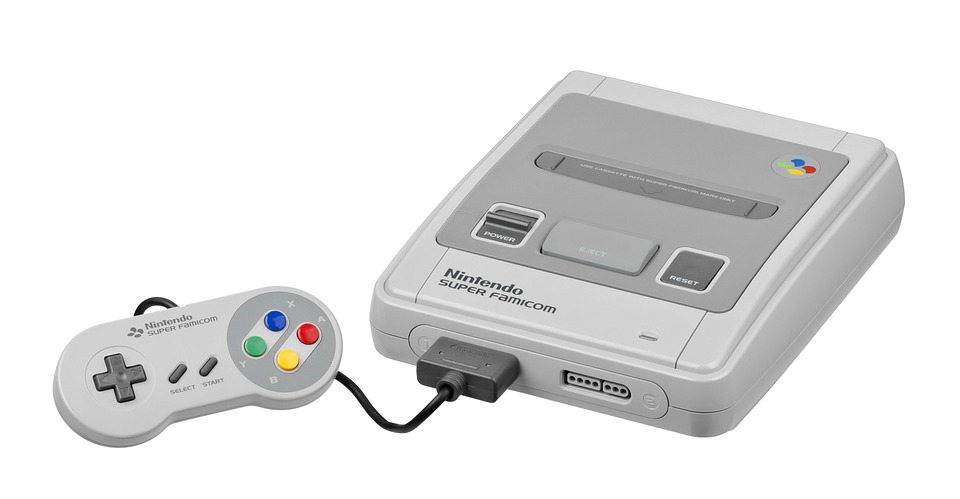In recent years, the dialogue surrounding gaming and mental health has shifted dramatically. Once considered a mere distraction or even a detrimental habit, video games are now being recognized for their potential positive impact on mental well-being. Virtual worlds offer players an array of benefits that can enhance cognitive functioning, foster social connections, and provide an escape from the stresses of everyday life.
The Therapeutic Potential of Gaming
1. Stress Relief and Escape
One of the most immediate benefits of gaming is its ability to offer a reprieve from reality. Whether navigating a fantastical realm in an RPG (Role-Playing Game) or fighting monstrous adversaries in an action-packed shooter, games offer players an immersive escape. This temporary detachment can alleviate feelings of stress, anxiety, and depression. Engaging in a virtual world allows individuals to momentarily drop their real-world burdens and immerse themselves in exciting challenges.
2. Cognitive Benefits
Research has shown that certain genres of games can enhance cognitive function. Puzzle games, strategy games, and even action titles often require players to solve problems, think critically, and make quick decisions. These skills translate to real-life scenarios, enhancing players’ analytical thinking and quick decision-making abilities. Furthermore, studies suggest that gaming can improve memory retention and spatial awareness, helping to keep the brain engaged and sharp.
3. Social Connection
Contrary to the stereotype of the lonely gamer, many players find community and connection in virtual worlds. Multiplayer games facilitate friendships across geographical boundaries, providing a space for individuals to bond over shared interests. Online communities create opportunities for social interaction that may be lacking in real life, especially for those who struggle with social anxiety or other mental health issues. Forming these connections can foster a sense of belonging, leading to improved emotional well-being.
4. Skill Development
Games can serve as a platform for developing a range of skills, from teamwork and communication to leadership. Cooperative gameplay often requires players to work together towards a common goal, promoting collaboration and social skills. In turn, this can boost confidence and self-esteem, particularly for those who might feel marginalized in their everyday lives.
5. Emotional Resilience
Many games incorporate narratives that explore complex themes such as loss, identity, and growth. Engaging with these stories can lead to introspection and emotional resilience. Players often discover strategies for overcoming obstacles, both in-game and in their personal lives. This mirroring of challenges can be empowering, equipping individuals with the tools they need to tackle real-world issues.
6. Routine and Structure
For some individuals, gaming can provide a sense of routine and structure that might be lacking elsewhere. Setting goals within a game, whether they involve leveling up, completing quests, or achieving high scores, instills a sense of purpose. For individuals struggling with depression or anxiety, this structured engagement can motivate them to stay active and involved.
Finding Balance
While the positive aspects of gaming are increasingly recognized, it’s crucial to strike a balance. Excessive gaming can lead to avoidance behaviors, social isolation, and, in some cases, addiction. It’s essential for players to engage mindfully, ensuring that gaming enhances rather than hinders their quality of life.
Parents and caregivers should take an active role in guiding young gamers, encouraging healthy gaming habits and monitoring content. Awareness of how gaming affects mental health can empower individuals to make informed choices that maximize benefits while minimizing potential drawbacks.
Conclusion
The landscape of mental health is complex and multifaceted, and gaming occupies a unique intersection of technology and emotional well-being. It can be a transformative tool for fostering social connections, enhancing cognitive skills, and providing a healthy outlet for stress relief. As the gaming industry evolves, continued research will illuminate even more ways in which virtual worlds can positively influence mental health, offering hope and resilience to those who need it most. By recognizing and harnessing these benefits, both gamers and mental health professionals can work together to create a brighter future in the digital realm.



